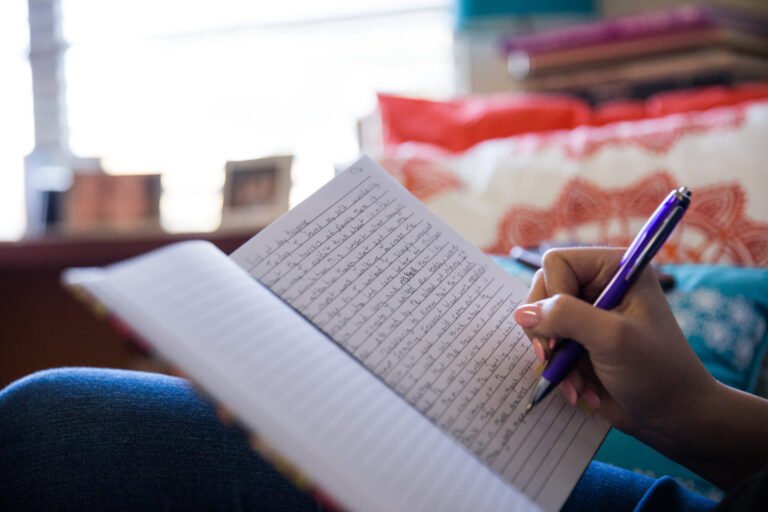Studying Tips and Advice for Finals Week

With finals week upon us, students are beginning to organize their study time and skills. To make the best out of finals week, here are a couple of studying tips and advice from HSU faculty dedicated to help students and give them ideas for better results.
Manage your time
Being organized with the time devoted to studying is a good way to start because it will allow students to manage how much time they will assign to different subjects. The use of calendars and agendas are an excellent tool to have and use. Another idea is to use a cell phone calendar and set alerts to be aware of the dates.
Take good notes
Dr. Laura Pogue, dean of general education studies, said that taking good notes is crucial for good understanding and studying.
“You should take notes so that when you look at them, you should ask yourself ‘if I was getting paid for taking notes in this class, would this be good enough?'” she said.
Tidiness is a must when it comes to notes. It is also important to have them in a complete form and organized in the same folder or notebook.
Understand the best way of studying
Every person has their own way of studying. Some prefer to highlight from the book; others write notes and use colors or create visuals like graphics. What is crucial is that students understand which is the most effective for them, and put it into practice. If students are not sure which works the best, they might want to define what kind of learner they are (visual, auditory, etc.)
Students should also consider study groups if that works for them. Pogue said these groups are interesting because they can let you see things from a different perspective. The group can be a good tool if the members take good notes, engage and commit to study, and discuss the subject matter of a class.
Be careful with cell phones
Cell phones can act as a distraction when it comes to studying. Pogue talked about research that showed that students who took the same test without having their cell phones did better than the ones who had them in their pockets or on the desk. A piece of advice is to try to unplug from every electronic device not necessary for studying and avoid hearing notification alerts because it may also distract from studying.
Move around and get enough sleep
Sometimes our brain will need a break from all the information. When this happens, students can try to do another recreational activity and come back to keep on studying. Pogue also talked about the need for sleep at this time.
“Students feel the need to stay up all night, and I do not think that is a good idea,” she said. “When you are reading the same thing over and over, your mind and body will say ‘I am done.’ Lay down, and even if it is just a nap, it is okay. Get up and move if that helps you; mix in layers of things.”
Time management
Students will not regret start studying early. A study by the University of San Diego established that one of the best, effective ways of studying is by “spaced practice.” For example, having different studying sessions per day or week will help students to anticipate and learn in a better way. This technique will require time management as well.
Learn for the long haul
Unless students need to remember dates or names, studying is not just memorizing. The goal of college is to learn information that will prepare them for the future. There is a difference between remembering and learning, so it should be essential to understanding the information given.
Keep an eye on the surroundings
Students should know to identify where and with whom they get the most out of their concentration. It has been said that moving around when it is hard to concentrate will help students to clear their minds and be more prone to retain information. It is also important to unplug from cell phones or other possible distractions like social media. Finally, it is essential to listen to the body. Getting enough sleep is crucial at this time of the year so that the brain can function at its best.


